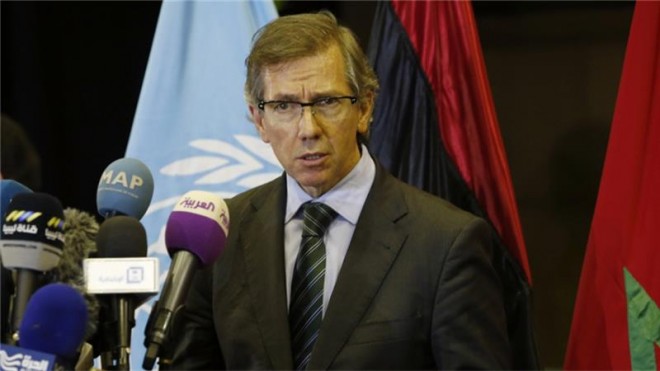The limits of the strategy against jihadists in Libya
External Relations 14 March 2016The airstrike conducted by US against an IS’s training camp in Sabratha does not solve the problems of a divided country, where the IS group keeps on expanding its presence. The main target of the US army was a IS General involved in some attacks against western tourists, but the mission itself underlined the gap between military operations and diplomatic efforts to finally get peace and stability in the region.
The attack puts in evidence Washington’s concerns about Libya, considered as the new base of IS groups. Furthermore, the attack itself highlights the limits of US and EU strategy in those countries where IS is particularly strong, in a framework of weak compliance between military and diplomatic efforts in order to solve those political issues where Jihadists find their own perfect habitat to grow and expand.
At the same time, the fear of a wider and more powerful organization continues growing. Thanks to the huge flow of fighters coming from Iraq, Syria and Tunisia, the Libyan group could count nearly 6.500 people. During 2015, the group conquered a stream of 240 kilometers, connecting the petrol-structures producing the largest part of the country’s PIB.
US and its western allies have widely discussed about the opportunities of an air campaign against IS in Libya, concentrated especially in Sirte. Libyan authorities reported the presence of special forces unities from US, France, UK, and Italy – probably engaged in monitoring missions and collaboration with the local special forces. Washington informed that the attack conducted over Sabratha would not have determined the start of a similar campaign, but, otherwise, it was ascribed to those operations in order to fight IS – which aims to control Libya to conduct attacks in the entire region and on the other side of Mediterrean Sea, as well.

Bernardino Leòn, the UN envoy for Libya, said that the names of candidates for the national unity government have been decided – Photo credits: AP
Meanwhile, Libya remains divided in factions bounded to two different and rival parliaments: one in the capital, Tripoli, while the second one has been settled in Tobruk, in the east of the country.
The attempt of the United Nations to form a national unity government has been strongly put back by many tribal and religious divergences, although an agreement has been signed in December – the approval of the national unity government by the Tobruk parliament has been postponed to the very next week.
At this moment, the US look pretty sure about the opportunity to continue attacking in Libya, supporting, at the same time, those diplomatic efforts coming from the United Nations.
However, there is a real and actual possibility that these slow diplomatic talks would be overcome by the expansion of IS. We need a solution and we need it as soon as possible.


